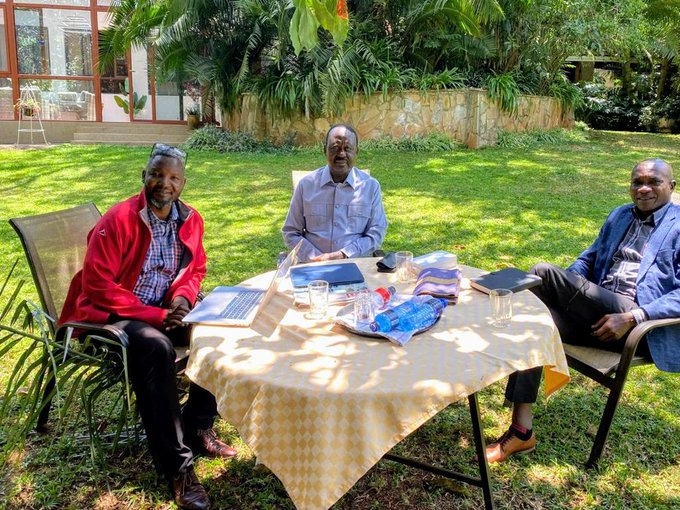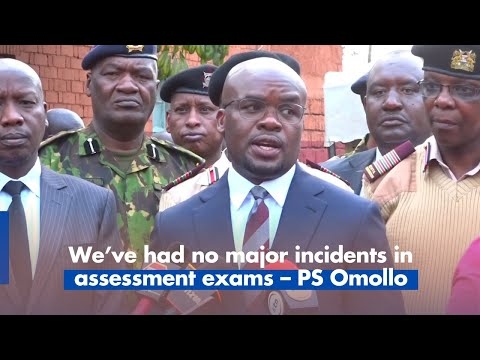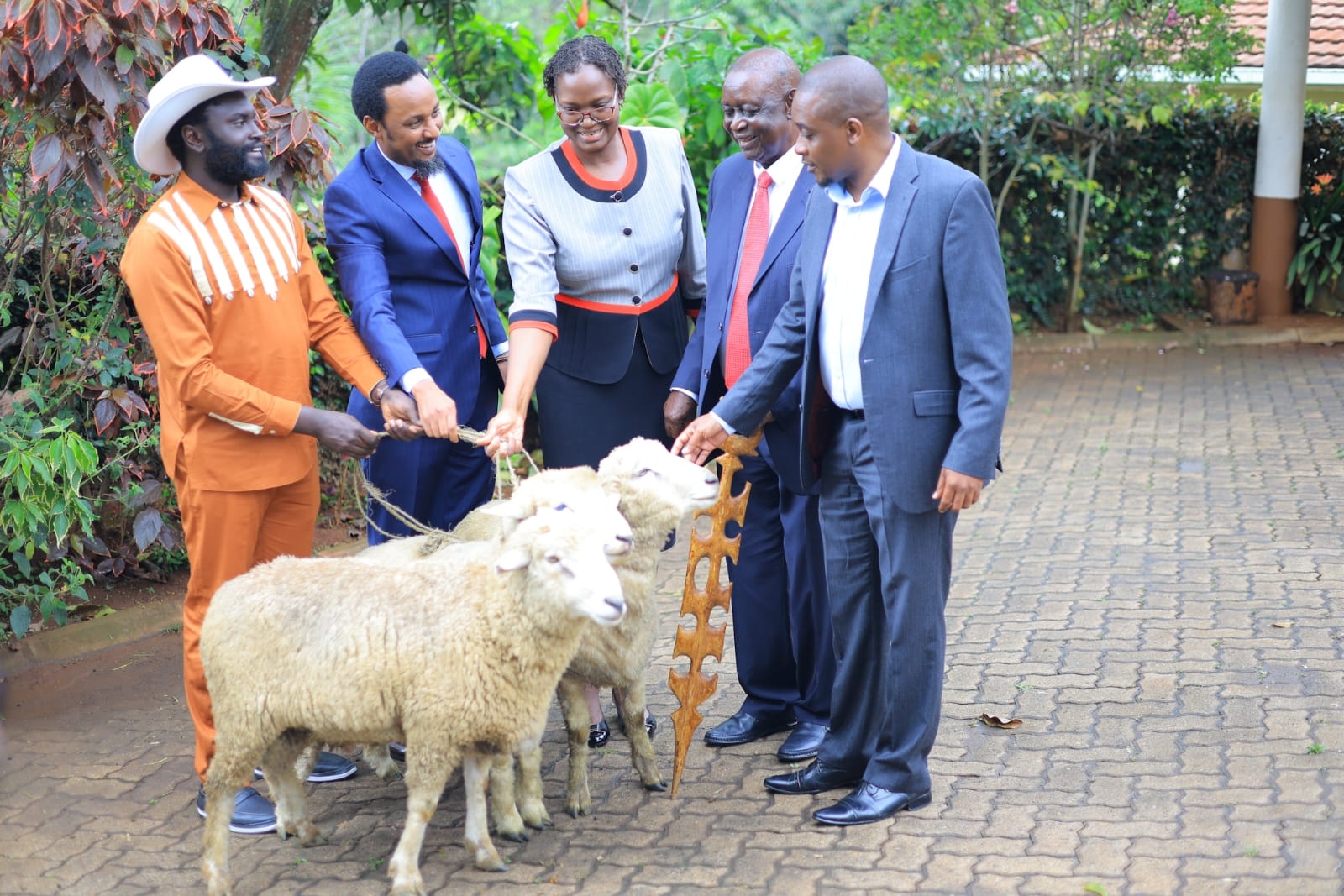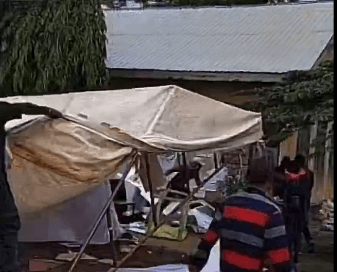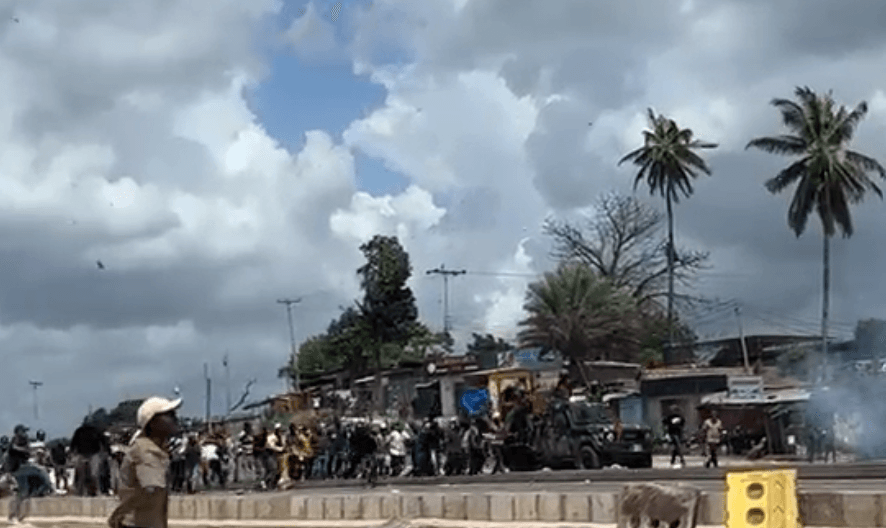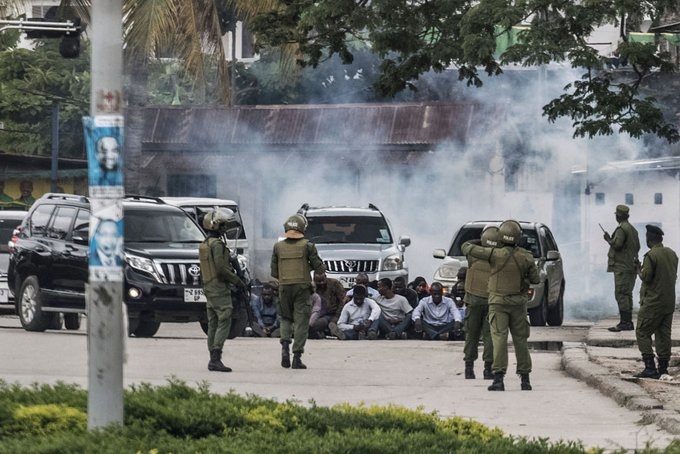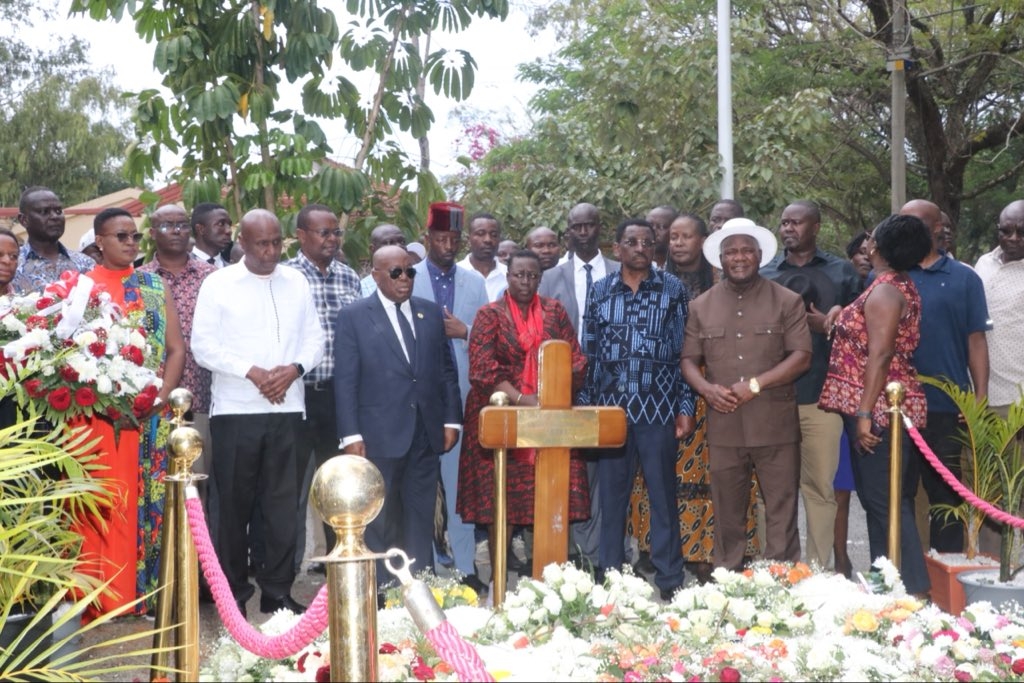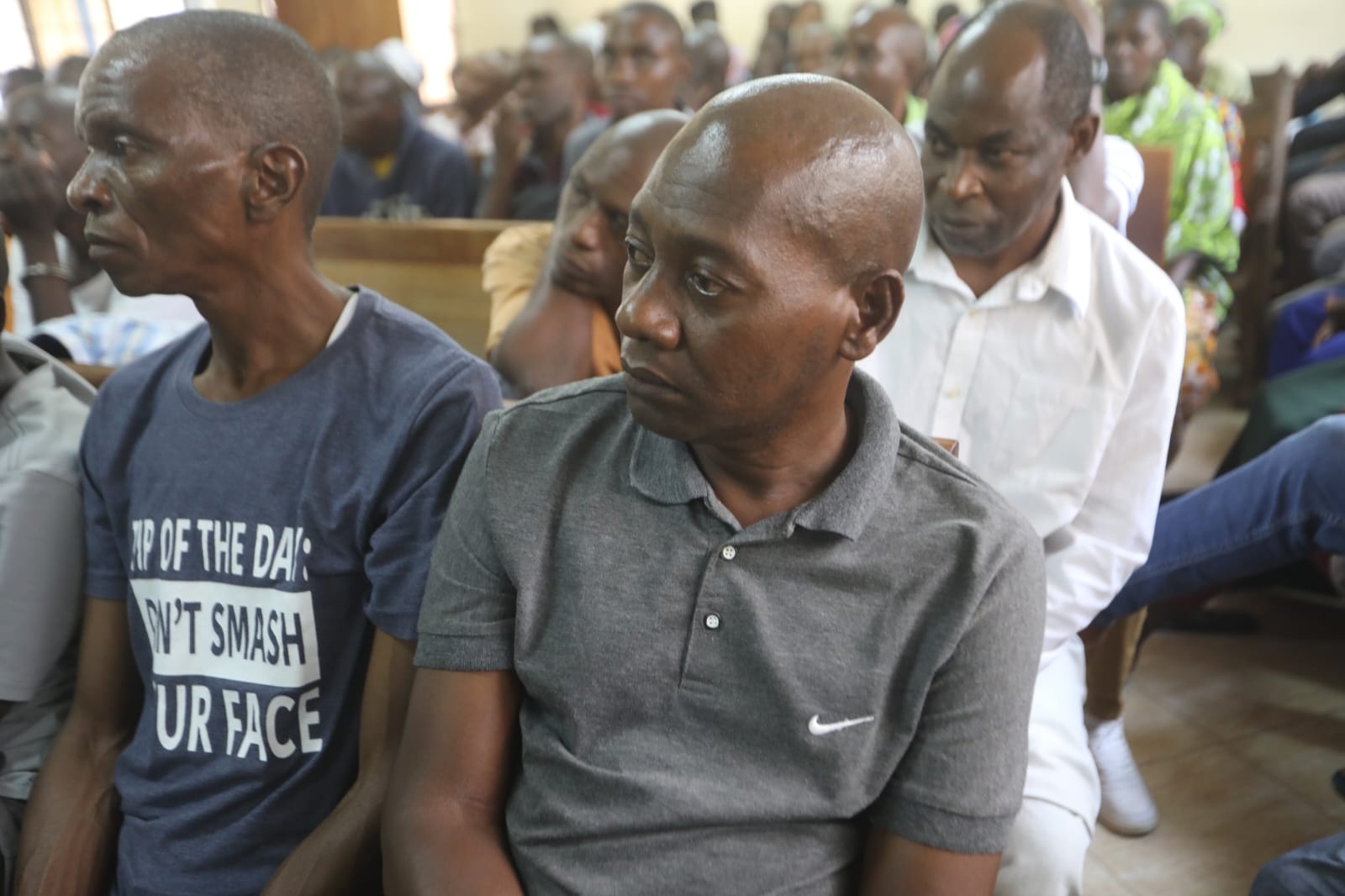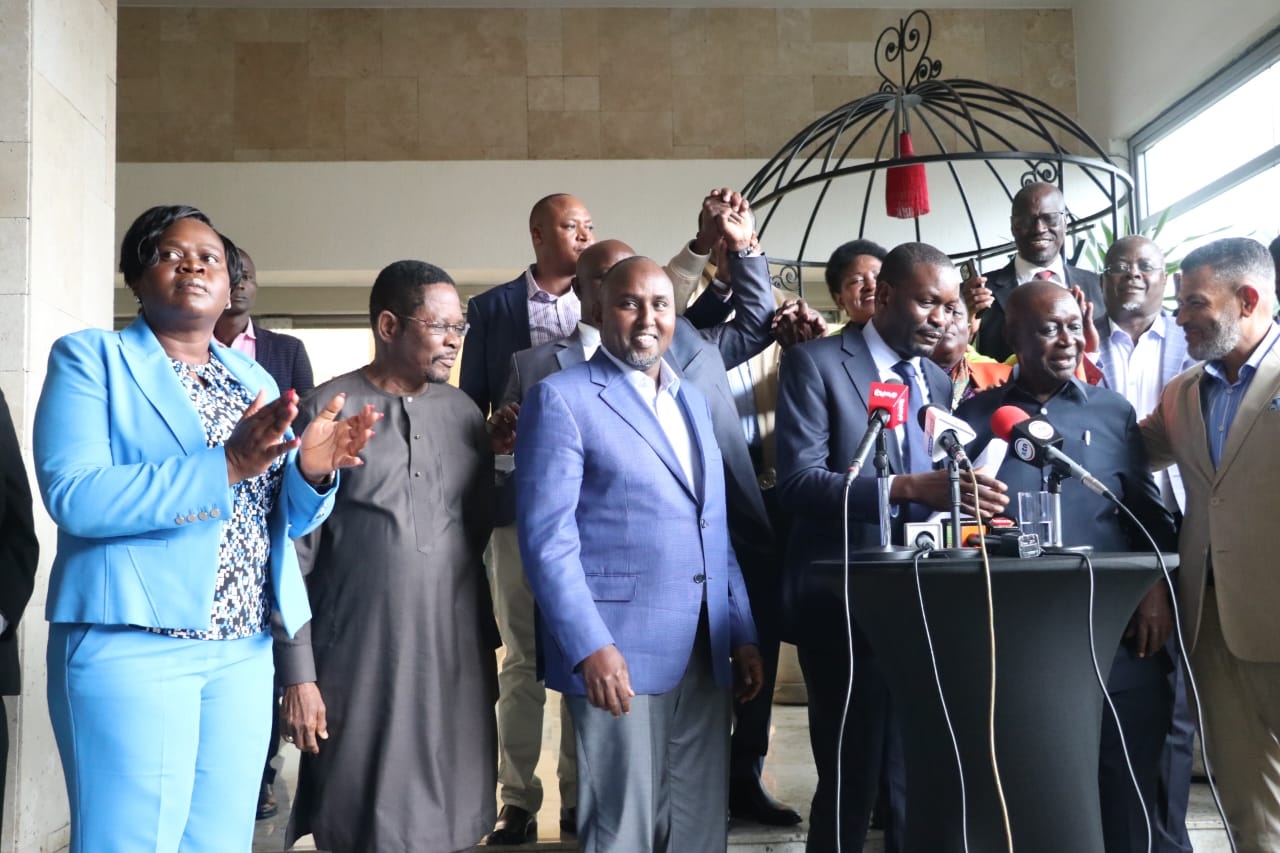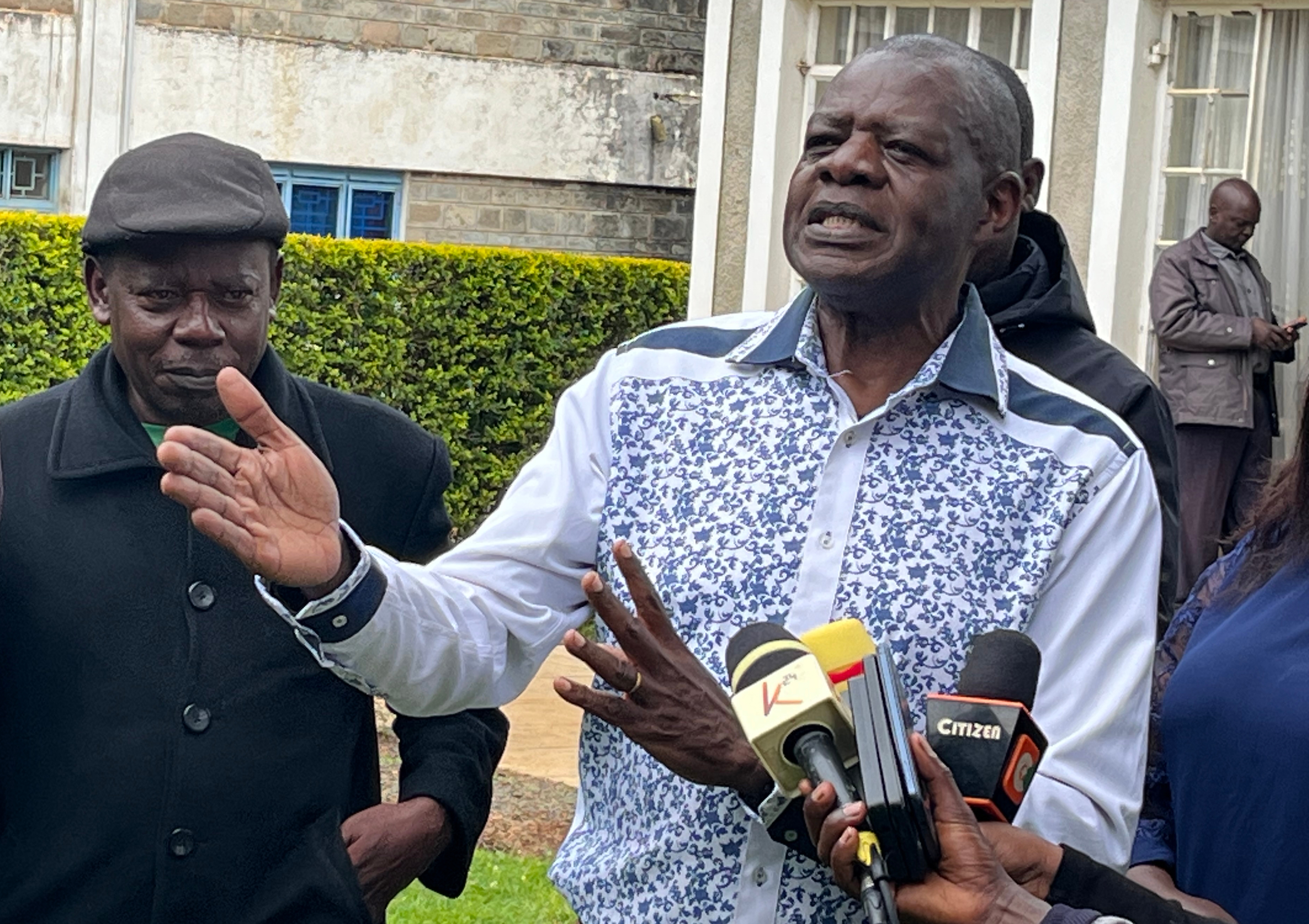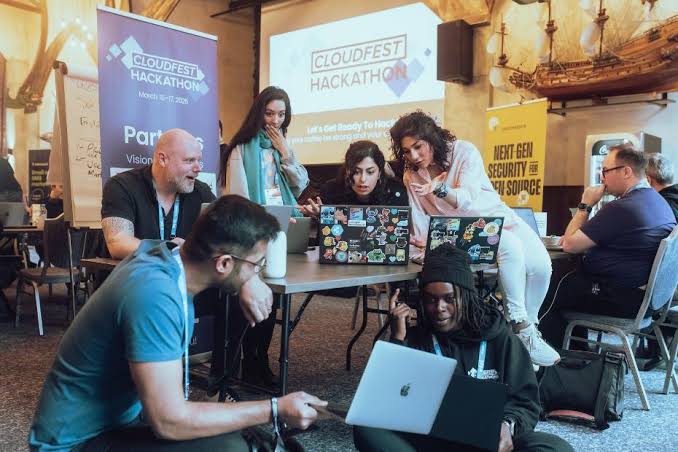 Competitors at a hackathon competition/Handout
Competitors at a hackathon competition/HandoutIn a major push to equip Africa’s youth with cutting-edge tech skills, Qhala, Huawei, and Konza Technopolis co-hosted the Africa AI Literacy Week Hackathon — a continent-wide initiative promoting AI knowledge, innovation, and problem-solving.
The 24-hour event drew 50 university students from across Africa, including an in-person team and a remote cohort from Moi University.
Participants were challenged to develop AI-powered solutions targeting five critical sectors: Agriculture, Fintech, Healthcare, Education, and Governance.
Agriculture — central to Africa’s economy and food security — took centre stage.
The sector inspired practical, high-potential innovations from the continent’s emerging tech talent.
The winning team built an AI platform that predicts market prices for agricultural produce.
It combines historical data, real-time market trends, and weather forecasts to help farmers, traders, and financial institutions make informed decisions.
The solution aims to reduce market volatility, curb exploitation, and boost profits for smallholder farmers.
Two teams tied for second place. One developed a farm data collection and analysis system powered by an AI chatbot.
The tool, which works offline and in local languages, offers guidance on best practices, yield forecasting, and pest control — helping to close the information gap for rural farmers.
The other created a mobile app that uses AI and Augmented Reality (AR) to overlay real-time infrastructure insights through a smartphone camera.
Initially intended for urban planning, the model was adapted for agricultural infrastructure, offering features like irrigation mapping and storage optimisation.
The top team received Huawei MatePad tablets. Runners-up were awarded Huawei Band 10 smartwatches — tools to encourage continued innovation.
More than a competition, the hackathon was a springboard for young innovators to learn, collaborate, and apply AI to pressing African issues.
Participants received mentorship from academics, industry experts, Huawei’s technical team, and Konza Technopolis — from ideation to final pitch.
“Artificial intelligence is a key driver of the next frontier of development, and Konza is determined to be at the centre of its growth and application across the continent,” said Josephine Ndambuki, Chief Manager for Business Development & Innovation at Konza Technopolis Development Authority.
“We’re proud to support this initiative, which ensures that as we build the Silicon Savannah, young people are equipped to lead it.”
Qhala CEO Dr Shikoh Gitau stressed the need for African-led innovation.
“Africa cannot afford to be left behind as AI transforms industries and societies. We must create the awareness, support, and platforms that allow African youth to innovate and solve problems through AI — because they understand our challenges best.”
The hackathon showcased the power of public-private collaboration in strengthening Africa’s digital ecosystem.
Adam Lane, Director for Policy and Partnerships at Huawei Kenya, said: “Huawei is proud to provide the latest skills, Cloud platforms, and resources that empower African developers to build AI solutions. We believe in building local capacity, and that means partnering with government, academia, and startups to make tech accessible and impactful.”
Participants tackled a range of challenges — from digitising farm input distribution to creating AI-based learning tools and fintech apps for the unbanked.
The breadth of ideas reflected Kenya’s growing pool of tech talent and underscored the need for more platforms to harness their skills.
Organisers hailed the hackathon as a success and plan to scale future editions to reach more institutions and explore new themes.
As Africa asserts itself in the global AI arena, events like the Africa AI Literacy Hackathon are proving vital.
They not only build technical skills but also unlock the creativity and leadership of a new generation — laying the groundwork for inclusive, locally driven digital transformation.


